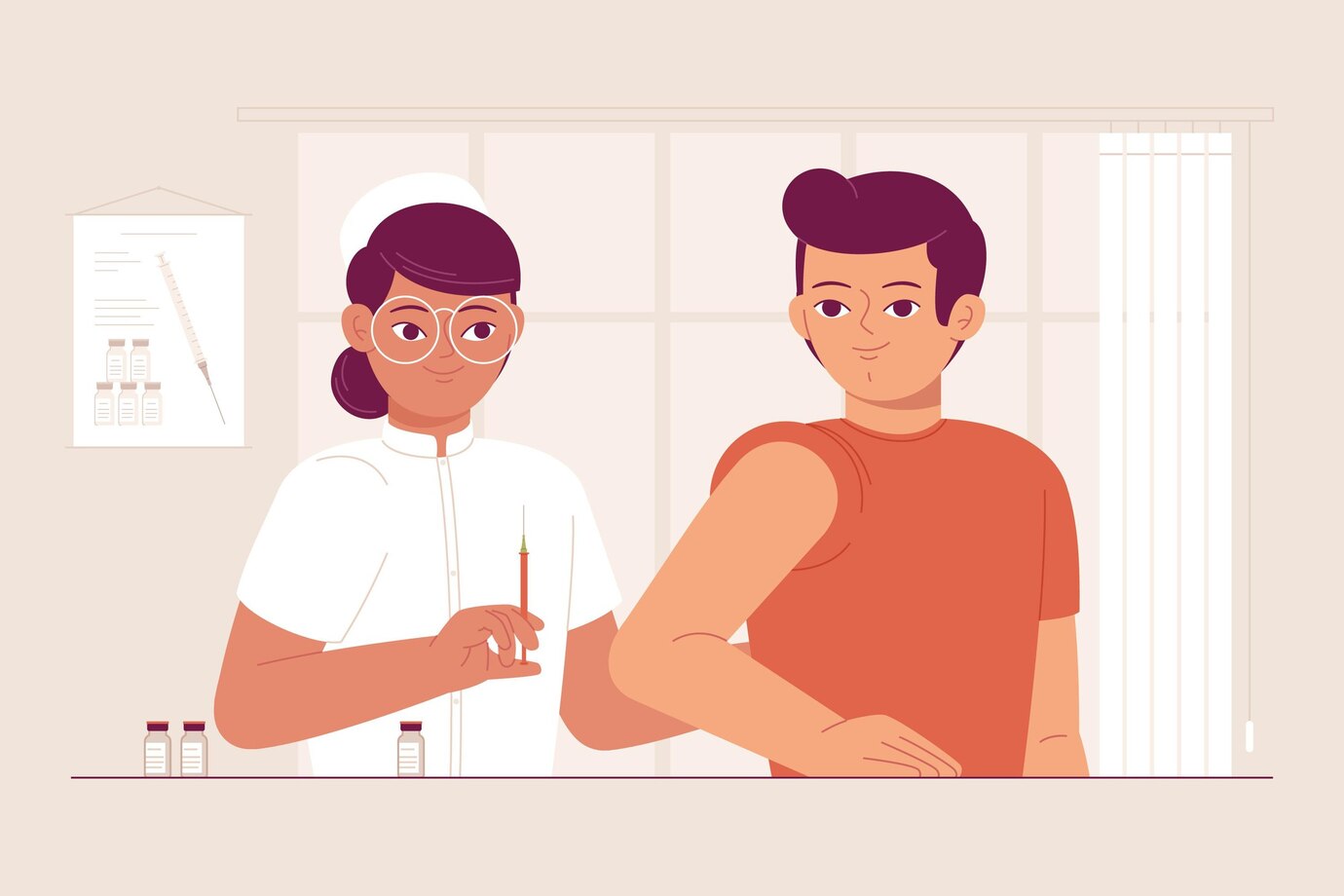
Dermatitis vs. Eczema: Understanding the Differences and Overlaps
If you’ve ever been confused about the terms “dermatitis” and “eczema,” you’re not alone. These words often get thrown around interchangeably, but they’re not exactly the same thing. Let’s clear up the confusion and dive into the world of skin conditions to understand the differences and overlaps between dermatitis and eczema.
Management and Treatment
While there’s no cure for dermatitis or eczema, there are ways to manage the symptoms and minimize flare-ups. This often involves identifying and avoiding triggers, moisturizing regularly, using gentle skincare products, and sometimes using medications like corticosteroids or antihistamines to reduce inflammation and itching.
Causes and Triggers
Both dermatitis and eczema can be caused by a variety of factors, including genetics, environmental triggers, and lifestyle choices. Some people are more prone to developing these conditions due to their genetic makeup, while others may experience flare-ups in response to certain allergens or irritants in their surroundings.
What is Dermatitis?
Dermatitis is a broad term used to describe inflammation of the skin. It can manifest in various forms and can be caused by a range of factors, including allergies, irritants, genetic predispositions, and autoimmune conditions. The most common types of dermatitis include atopic dermatitis (eczema), contact dermatitis, seborrheic dermatitis, nummular dermatitis, and dyshidrotic dermatitis.
What is Eczema?
Eczema, on the other hand, is a specific type of dermatitis, namely atopic dermatitis. It’s characterized by red, itchy, and inflamed skin, often accompanied by dryness and rough patches. Eczema tends to run in families and is associated with other allergic conditions like asthma and hay fever.
Key Differences
While all eczema is a form of dermatitis, not all dermatitis is eczema. Dermatitis encompasses a broader spectrum of skin inflammation, including various types and causes beyond just atopic dermatitis.
Overlaps and Similarities
Despite their differences, dermatitis and eczema share many similarities, including common symptoms like itching, redness, inflammation, and dry patches. They can also be triggered by similar factors such as allergens, irritants, stress, and environmental conditions.
Conclusion
In summary, dermatitis is the umbrella term for inflammation of the skin, while eczema specifically refers to atopic dermatitis. Understanding the distinctions and overlaps between these terms can help you navigate discussions with healthcare providers and effectively manage your skin condition.
To seek medical advice, always consult a Doctor. Here are our recommended EXPERTS. Click here
To read more on SKIN. Click Here


